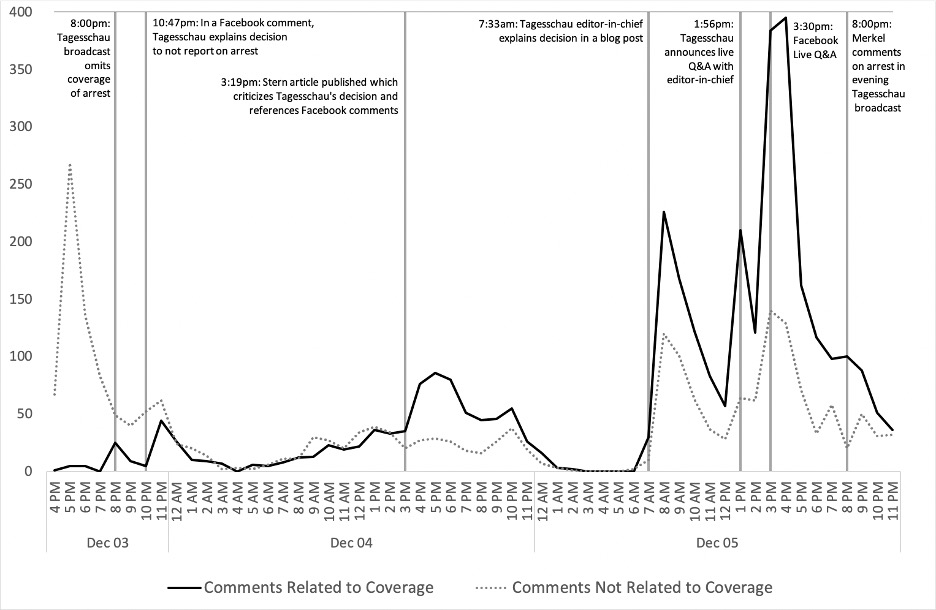 An Ofcom consultation earlier this year asked for views on how to appropriately maintain the prominence of public service content in an online environment, and the communications regulator is expected to make recommendations in the new year. Clare Sumner, BBC Director, Policy, explains here why the BBC and other public service broadcasters have called upon the Government to update the prominence rules, arguing that it should be easy to find PSB content wherever viewers are watching.
An Ofcom consultation earlier this year asked for views on how to appropriately maintain the prominence of public service content in an online environment, and the communications regulator is expected to make recommendations in the new year. Clare Sumner, BBC Director, Policy, explains here why the BBC and other public service broadcasters have called upon the Government to update the prominence rules, arguing that it should be easy to find PSB content wherever viewers are watching.
When you are sitting down with your family this Christmas you should be able to easily find the BBC’s Strictly special, or our big dramas Les Miserables and Watership Down – whether you are watching live on your TV or on-demand via a tablet or streaming stick.
If you’re watching channels on the telly, so called ‘prominence’ rules will make sure that BBC One, BBC Two, ITV, Channel 4 and Channel 5 are always at the top of the electronic programme guide (EPG) and easy for you to find.
But if you’re watching online it might not always be so easy. When you watch online, there is nothing to stop TV platforms or device manufacturers from promoting the services or programmes they own or have been paid to promote. We think this will make it harder in the future to find all the great British content from the likes of BBC, ITV and Channel 4.
It’s why earlier this year the BBC and the UK’s other public service broadcasters (ITV, C4, C5, STV, S4C) called on the Government to update the prominence rules that make sure it’s easy to find our programmes and services – our independent, impartial news, our great dramas and our Children’s programmes.
The current rules were put in place before people could watch programmes via on-demand services like the BBC iPlayer, ITV Hub, and All4 – and before Netflix. Likewise, the streaming sticks and iPads which so many of us use today to watch TV programmes did not exist in 2003 – so they are not covered by any laws. We think it’s time for the rules to be updated.
This isn’t about getting special treatment. We simply want to make sure it’s as easy for you to find BBC iPlayer online and on-demand as it is to find BBC channels on the telly – online you should be able to easily choose between the best British programmes and global content from the likes of Netflix.
The BBC is already finding it harder to make sure this happens. Companies with huge budgets like Netflix can afford to buy prominence from TV platforms and device manufacturers. This risks BBC iPlayer and the likes of All 4 and ITV Hub being pushed out and made harder to find – several clicks of your remote away.
Some will argue that it will always be easy to find top BBC shows like Bodyguard. But updates to prominence rules would help protect more than just what’s popular. They also ensure you can easily find the full range of great British programming available.
The UK’s public services broadcasters, including the BBC, invested £2.6 billion last year on new programmes, made here in the UK, that reflect people’s own lives and experiences. That’s around 80% of all original content investment in the UK, so it’s important this programming is widely available and easy to find – especially in the case of the BBC which is paid for by everyone through the licence fee.
We expect Ofcom, the regulator, will make recommendations about prominence in the new year. We hope that these recommendations mean that when you sit down to catch up on the latest programmes in 2025, they’re just as easy to find online as they are on your telly today.
This article gives the views of the author and does not represent the position of the LSE Media Policy Project blog, nor of the London School of Economics and Political Science.




